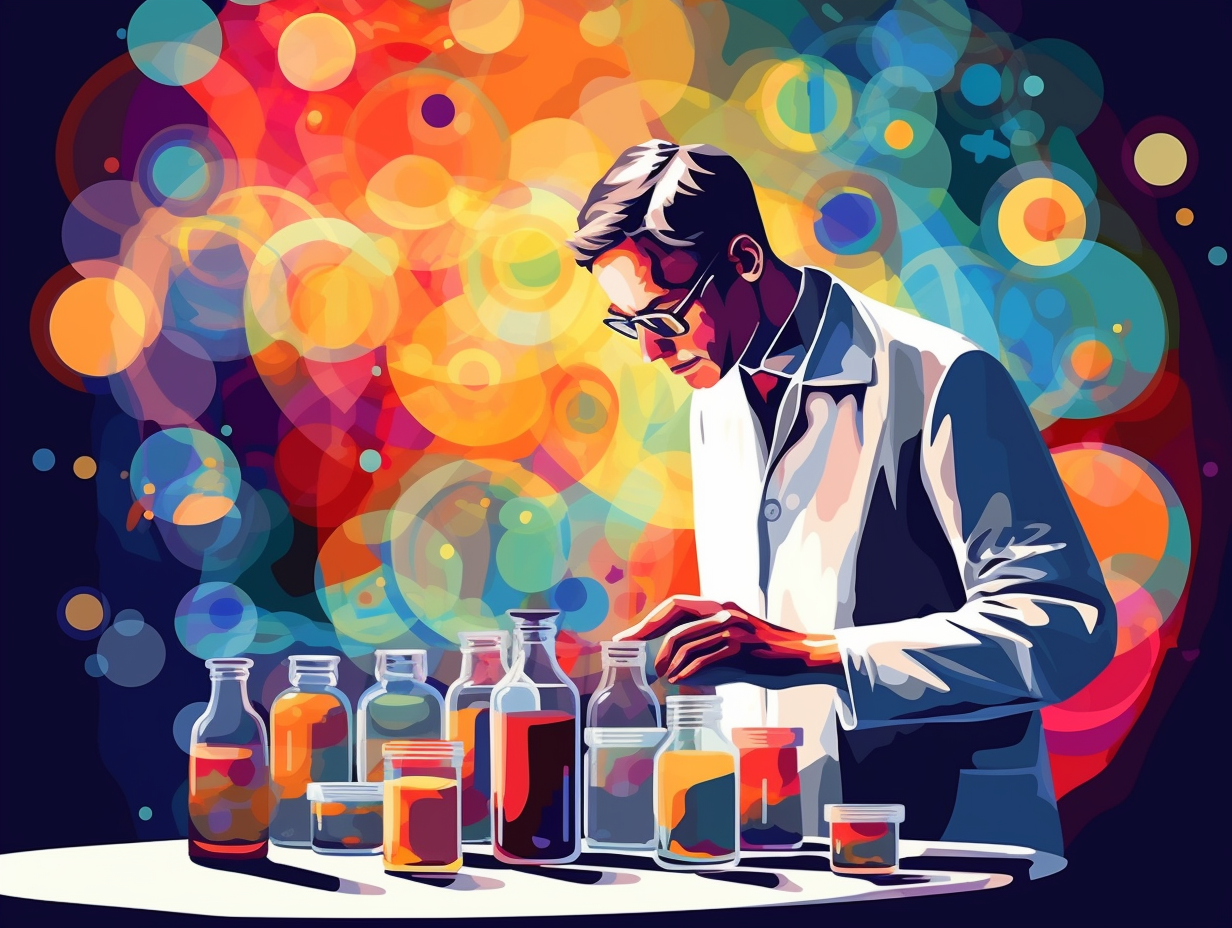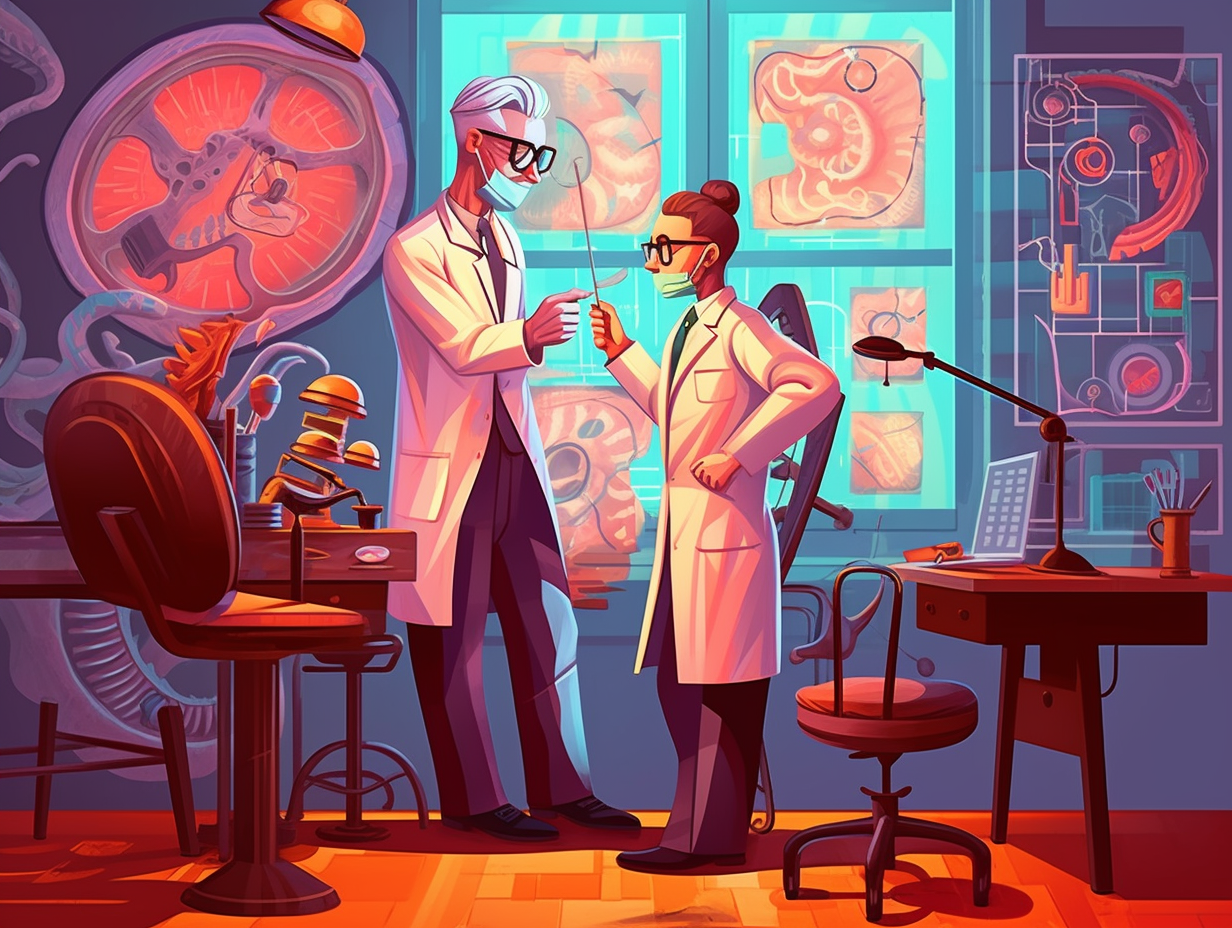Discover the Unexpected: Top 10 Surprising and Entertaining Facts About Aspirin!

1. Ancient Willow Tree Wisdom
Before aspirin was shaking off headaches for hungover partiers and late-night studiers, it was providing ancient civilizations relief from sticks and stones…and all the aches and pains they'd cause: Benefiting from the bark of the mighty willow tree, willow was in use as a pain remedy by Sumerians, Romans, and Native Americans about 4000 years ago! Cut to the 1800s, and researchers finally isolated the magic ingredient, salicylic acid, paving the path for aspirin to become the world's favorite headache slayer.
Source => medium.com
2. Aspirin: The OG Superhero
Move over, Ibuprofen and Naproxen, aspirin is the original pain-slaying superhero: As a founding member of the NSAID (nonsteroidal anti-inflammatory drugs) family, it's been fighting pain, fever, and inflammation since the late 19th century, with no cape or special superpowers other than its unique chemical structure.
Source => ncbi.nlm.nih.gov

Did you know that moldy cheese, crusty bread, and a contaminated petri dish in 1928 led to the discovery of penicillin, the superhero of antibiotics? Uncover the fascinating origin story that saved millions of lives! 🧪🦠🌟
=> Fun Facts about Penicillin
3. Aspirin in the Trenches
Who knew World War I had a favorite headache remedy? Aspirin marched its way into soldiers' hearts with the power to dethrone pain, fever, and even potentially save lives: During the war, aspirin served as a painkiller, fever reducer, and blood thinner, preventing clotting and reducing heart attack risks amongst soldiers. This led to its skyrocketing demand and post-war popularity, though Bayer faced a temporary trademark pillage in various countries, courtesy of Uncle Sam. Chill pill, anyone?
Source => history.com
4. Aspirin to the Rescue... Maybe
Does aspirin leave you feeling a little loopy? Is Captain America's shield actually made of aspirin? Okay, not really, but this unassuming drug has a superpower of its own: Daily low-dose aspirin therapy may be recommended for individuals at high risk of a first-time heart attack or stroke within the next decade, according to guidelines from organizations like the US Preventive Services Task Force. But remember, it's not a one-size-fits-all remedy so check with your healthcare provider before popping pills willy-nilly – potential side effects like gastrointestinal bleeding, allergic reactions, and strokes from burst blood vessels are not laughing matters!
Source => mayoclinic.org

5. Aspirin's Tree-riffic Origins
"Willow you believe it?" said the tree, dishing out pain relief since ancient times: The bark of white willow contains a chemical called salicin, similar to aspirin’s active ingredient, acetylsalicylic acid, paired with flavonoids for pain-relieving and anti-inflammatory effects, paving the way for aspirin's development in the 1800s.
Source => mountsinai.org
6. Aspirin vs. Colon-el Cancer
Who knew the humble aspirin could moonlight as a crimefighter against the notorious villain, Colon-el Cancer? Here's the plot twist: according to the U.S. Preventive Services Task Force, taking a daily low-dose aspirin can actually reduce the risk of colorectal cancer by 40% for certain people who meet specific criteria! But beware, this heroic pill comes with a risky sidekick – gastrointestinal bleeding, which is the biggest danger associated with aspirin use. So, heed the guidelines and make sure you're on the right side of this epic medical battle!
Source => uclahealth.org
7. Botanical Bodyguard Aspirin
Hold onto your gardening gloves, folks: aspirin isn't just for curing hangovers and relieving pain, it's also a fearless botanical bodyguard! The serious scoop: this over-the-counter hero's key ingredient, salicylic acid, is a plant hormone that fends off threats and distress, boosting defense in our gallant, green, photosynthesizing friends like chickpea plants by activating a dynamic duo of enzyme action, peroxidase and polyphenol oxidase, and summoning various protective proteins and compounds.
Source => ncbi.nlm.nih.gov
8. Expired Aspirin Fungal Fail
Step right up and behold the marvelous cure for fungal skin infections: expired aspirin! Or not: Contrary to popular belief, expired aspirin is actually quite ineffective for treating such conditions, as its degradation leads to the production of acetic acid (vinegar) and the breakdown of the antifungal component, salicylic acid, into a less effective and more irritating form. Save your fungi woes for fresh, unexpired medication and leave the ancient aspirin in the history books.
Source => acsh.org
9. Arctic Aspirin Adventure
While aspirin might not be best friends with snowball-slinging polar bears or moonlight strolls through the Arctic tundra, it does have an icy link to the Alaskan wilderness: The arctic willow, a shrubby plant found in Alaska, produces a primary active component called salicin, which possesses similar anti-inflammatory and pain-reducing properties to those found in modern aspirin pain relievers.
Source => nps.gov

10. Aspirin's Exfoliating Excellence
Feeling a bit "crusty" and need to shed some skin? Aspirin's got your back, or rather, your face: Aspirin contains salicylic acid, a powerful exfoliant that, when mixed with non-comedogenic oils and honey, makes for an acne-fighting and moisturizing face mask that'll leave you smoother than a baby's bottom.
Source => byrdie.com
Related Fun Facts




















